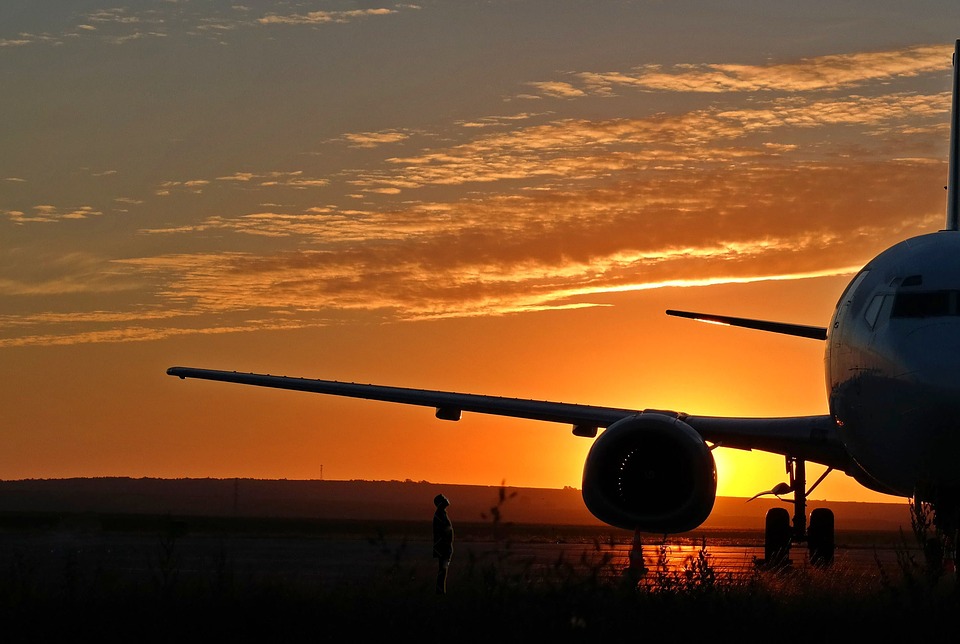The Airline Passenger Experience Association (APEX) is encouraging governments worldwide to issue immediate tax relief for the airline industry in the wake of disruption caused by COVID-19 (Novel Coronavirus).
With an estimated $136 billion in taxes being paid by airlines this year, aviation remains one of the most heavily taxed industries worldwide.
As airlines are a leading global economic driver, APEX has put forward three key recommendations:
- Reduce all possible global tax burdens on airlines during this stressful time;
- Suspend “hidden taxes” such as forced slot and gate utilisation;
- Remove any new aviation taxes/penalties from consideration.
Following initial steps taken by the European Commission and the US Department of Transportation’s Federal Aviation Administration (FAA) this week to temporarily alleviate airlines from their airport slot usage obligations, APEX insists that these rules should be fully relaxed through to the end of the summer schedule, effective immediately, as airlines expect to see a long-term impact on bookings.
“Airlines are critical to our world’s economy and connecting the lives of billions,” said APEX CEO Dr. Joe Leader. “APEX’s recommendations for governments reducing taxation, penalties, and slot/gate bureaucracy in the midst of a crisis will go a long way toward ensuring economic recovery. Now more than ever, we need to enable airline resources and funds to go into both the health of our industry and our customers worldwide.”
IATA: Airlines could lose up to $113bn
APEX’s position on the slot rule suspension aligns with IATA’s recent request to suspend global slot rules due to COVID-19. According to IATA, the impact of the coronavirus could result in passenger airlines losing up to $113bn (£87bn) in revenues this year.
In a statement issued on 5 March, IATA stated that airline share prices have fallen nearly 25% since the outbreak began, some 21 percentage points greater than the decline that occurred at a similar point during the SARS crisis of 2003.
To take into account the evolving situation with COVID-19, IATA estimated the potential impact on passenger revenues based on two possible scenarios.
The first scenario focuses on a limited spread, which includes markets with more than 100 confirmed COVID-19 cases (as of 2 March) experiencing a sharp downturn followed by a “V-shaped recovery” profile.
The markets accounted for in this scenario and their anticipated fall in passenger numbers, due to COVID-19, as are as follows: China (-23%), Japan (-12%), Singapore (-10%), South Korea (-14%), Italy (-24%), France (-10%), Germany (-10%), and Iran (-16%). Additionally, Asia (excluding China, Japan, Singapore and South Korea) would be expected to see an 11% fall in demand. Europe (excluding Italy, France and Germany) would see a 7% fall in demand and the Middle East (excluding Iran) would see a 7% fall in demand. Globally, this fall in demand translates to an 11% worldwide passenger revenue loss equal to $63 billion.
However, should there be a wider spread, taking into account all markets that currently have 10 or more confirmed COVID-19 cases, the losses in revenues could grow to $113bn, which accounts for 19% of global revenues. Financially, that would be on a scale equivalent to what the industry experienced in the Global Financial Crisis.
While airlines are taking proactive measures to limit the impact of the virus, such as cutting back on capacity and costs, IATA insists that this won’t be enough to offset the revenue impact.
“The turn of events as a result of COVID-19 is almost without precedent,” says Alexandre de Juniac, Director General and CEO, IATA. “In little over two months, the industry’s prospects in much of the world have taken a dramatic turn for the worse.
“It is unclear how the virus will develop, but whether we see the impact contained to a few markets and a $63 billion revenue loss, or a broader impact leading to a $113 billion loss of revenue, this is a crisis.
“Many airlines are cutting capacity and taking emergency measures to reduce costs. Governments must take note. Airlines are doing their best to stay afloat as they perform the vital task of linking the world’s economies. As governments look to stimulus measures, the airline industry will need consideration for relief on taxes, charges and slot allocation. These are extraordinary times”…



